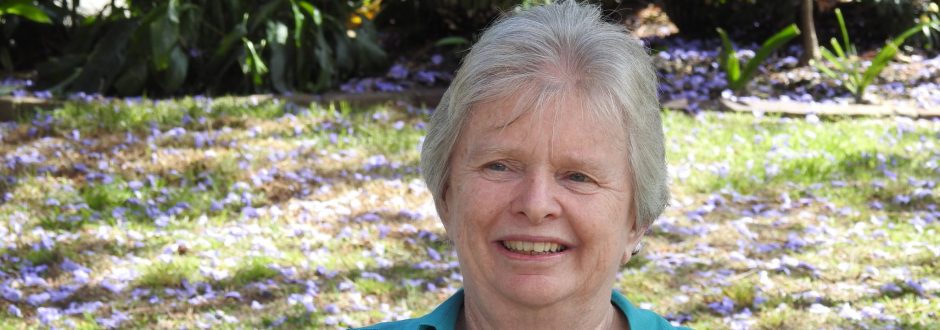This Christmas, instead of spending on trivia that we don’t really need, why not spend a little out of our excess to support one of the many agencies who support children, suggests Good Samaritan Sister Clare Condon.
BY Clare Condon SGS
When we think of Christmas, there is a tendency to focus only on the annual event. The commercial world helps to reinforce this idea. Yet Christmas is a perennial feast that acknowledges the integrity of creation, particularly the dignity of humanity within creation, because God entered fully into life as one of us on earth.
God became human like us through birth, by being the vulnerable babe and child of certain parents. He lived an ordinary village life for 30 or so years, living in obscurity. He learned the values of his parents in a safe and secure environment. He lived in the experience of divine love at the heart of his being.
In believing that God became human like each of us in the person of Jesus, I stand in awe that we carry the divine within us. Every human being carries the divine within because of the incarnation of Jesus. Pope Francis, in his recent Apostolic Exhortation, Evangelii Gaudium, challenges the followers of Jesus to see “the sacred grandeur of our neighbour, of finding God in every human being, of tolerating the nuisances of life in common by clinging to the love of God, of opening the heart to divine love and seeking the happiness of others” (92).
For us, living in the knowledge and experience of such divine love makes considerable demands on our moral and ethical beliefs and practices. Do I see “the sacred grandeur of [my] neighbour”? Such a question raises the ethic of how we treat others and what respect the other always deserves from us. In particular, does it raise our consciousness of the respect and care that children deserve – children who are totally dependent on adults for their care and the fulfilment of their needs.
The feast of Christmas reminds Christians to work for safe and secure environments, especially for children. It places an obligation on parents, family members, teachers, the churches and all in society to work assiduously for the well-being of every child so that each child can live in surroundings which nurture their wholistic growth.
This year the Christmas card of the leadership group of the Good Samaritan Sisters depicts the photo of a new statue in the grounds of Mater Dei School, Camden, NSW, an inclusive environment especially for children with an intellectual disability. In the photo, there is a young kindergarten student hugging the statue – the Mater Dei, the Mother and Child.
For me this image portrays the sacredness of every child. Everybody has the right to a full and wholesome life. Yet in our world today there are children who go to bed hungry. There are thousands of children trafficked or in slavery and working in hell-holes where there is little hope for love, care and an education. There are children who have been abused by adults through neglect, or physical or sexual abuse.
The World Food Program estimates that 100 million children in the developing world are physically underweight, while a recent article in the Sydney Morning Herald reported on the growing obesity problem among Australian children. The International Labour Organisation estimates that at least 1.2 million children are trafficked either across borders or internally in their own countries. These are disturbing statistics.
In our Australian Catholic Church, we are confronted by the crime of child sexual abuse that has existed in our very midst. We must not only say never again. We must have best practices in place to protect children in the care of church agencies and parish communities. Over and above this responsibility, we must endeavour with our fellow citizens, to eliminate child sexual abuse from every street and every home in our neighbourhoods.
My plea this Christmas is that we Australians, instead of spending billions on trivia or on material goods that we don’t really need, might decide to spend a little out of our excess to support one of the many agencies who seek to feed and clothe children, who provide an education for the poor, or who fight against abuse, trafficking or the slavery of children.
What could witness more fully to the experience of God among us, to the experience of “divine grandeur”, than for us Christians to set out to make the lives of children more fully human, more safe and secure, so that they may grow to their full potential in environments of love and peace?
